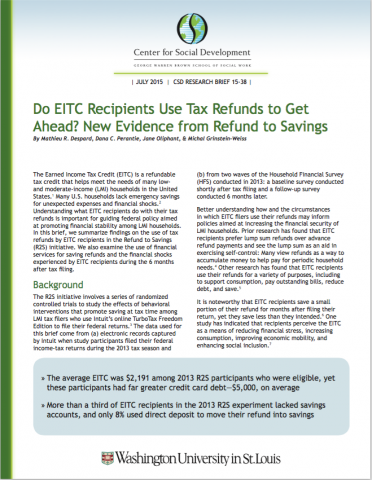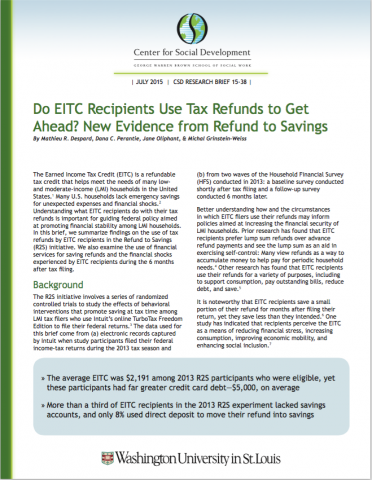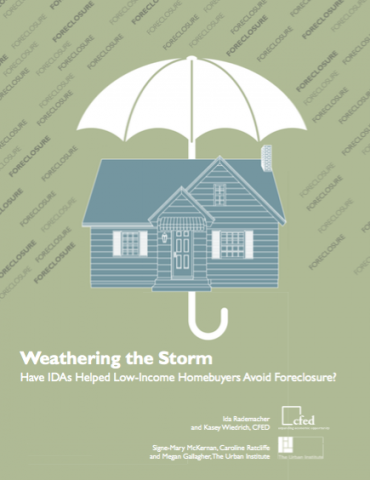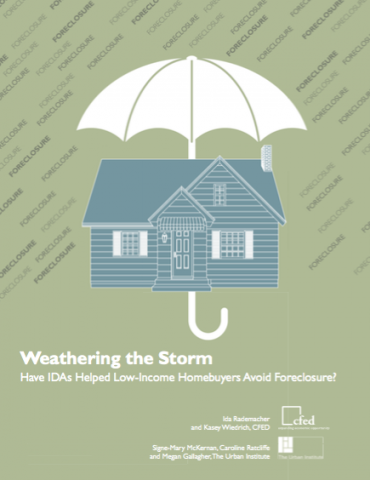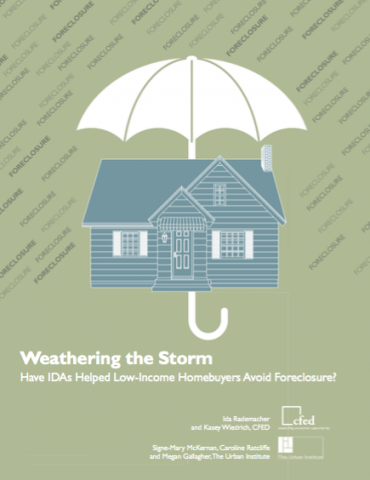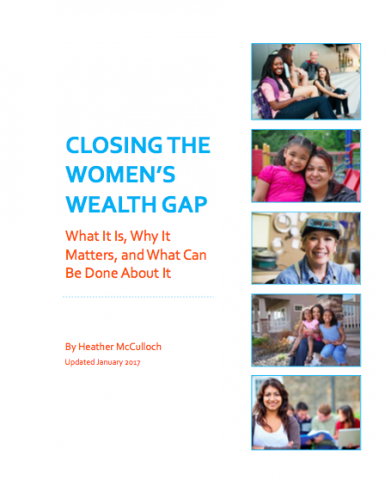Pathway Women’s Business Center works to support and accelerate the growth of women-owned business. The Center provides a range of a services, including business counseling, classroom training, and peer-to-peer learning, all geared to help entrepreneurs successfully start, expand, and manage their businesses. In 2015, the Center hosted 64 educational events, supported over 600 entrepreneurs, facilitated the launch of 22 new businesses, and helped clients access an additional $1.75 million in financing.
